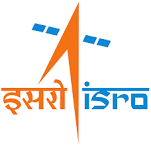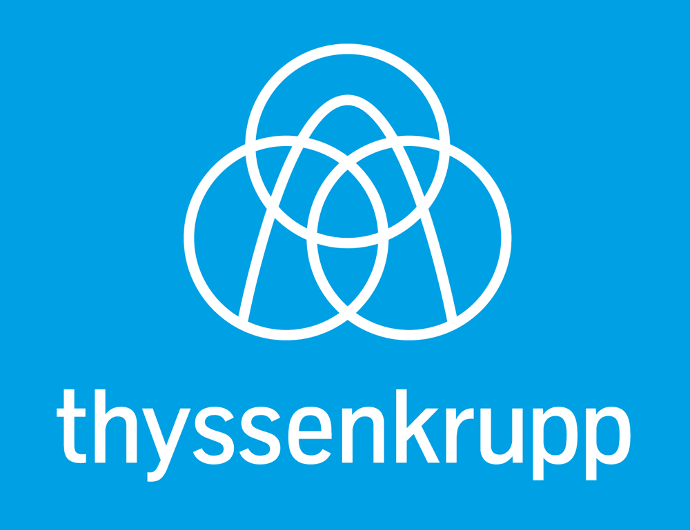Project Overview
Client: Sahyadri Hospital
Location: Nashik & Pune, Maharashtra
Application: Energy Audit & training for energy conservation
Product: Energy Audit
Area: 2.50 sq.km
Client
Sahyadri Hospitals is the largest chain of hospitals in Maharashtra, with 11 hospitals & more than 1200 beds. The hospital chain is able to treat more than 25 lakh people by providing quality care with high class medical facilities. In recent past Sahyadri group expanded its network to one of Maharashtra’s fastest growing city, Nashik in April 2014, with the same goal to provide quality medical care to residents of
Nashik and nearing towns like Sangamner, Sinnar, Satana, Malegaon, Amalner, Ghoti, Yavle, Devla, Vani etc.

Premise
The annual power consumption of Sahyadri Hospital, Nashik is 1223 MWh and Sahyadri Hospital, Pune is 3356 MWh which is drawn from Maharashtra State Electricity Board(MSEB) and diesel generators (DG) are being used when MSEB supply is interrupted.
According to Sahyadri Hospital, they were having higher consumption as compared to the benchmarked standards of hospitals.
Also, they suspected their harmonic levels were high, which if proven true could hamper their critical equipment and machines.
The ESL approach
ESL recommended them to opt for an energy audit with the objective of finding low-cost energy saving measures through review of diesel generators, transformers and a power-quality study to diagnose issues relating to harmonics, distribution system in various areas/floors, HVAC (Chiller, Cooling Tower, Pumps, Motors, and AHUs) and lighting system.
Detailed energy project implementation plan for a facility:
- Establishing baseline consumption — Analyzing and creating benchmarks from the detailed study of 12 month energy bills.
- Performing field survey — Two teams were deployed to conduct measurements on major as well as minor equipment with the deep understanding of the process.
- Identifying energy saving potential and improvements — Reviewing the comprehensive list of potential improvements with an eye for combining individual opportunities into technology upgradation projects.
- Prioritizing activities — Evaluating energy saving measures and determining the order of implementation according to their ROI payback along with its cost - benefit analysis.

Results
ESL’s comprehensive energy audit study highlighted the potential savings of Rs. 30 lacs by saving 4 lakh KWHr units by implementation of the 7 proposals in the following areas -
- Contract Demand
- Transformer
- Compressor
- HVAC
- Cooling tower
447,714.60 KW per year saving costing INR 2.90 millions P.A





